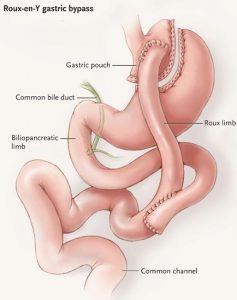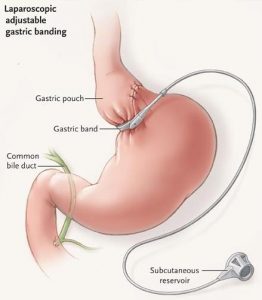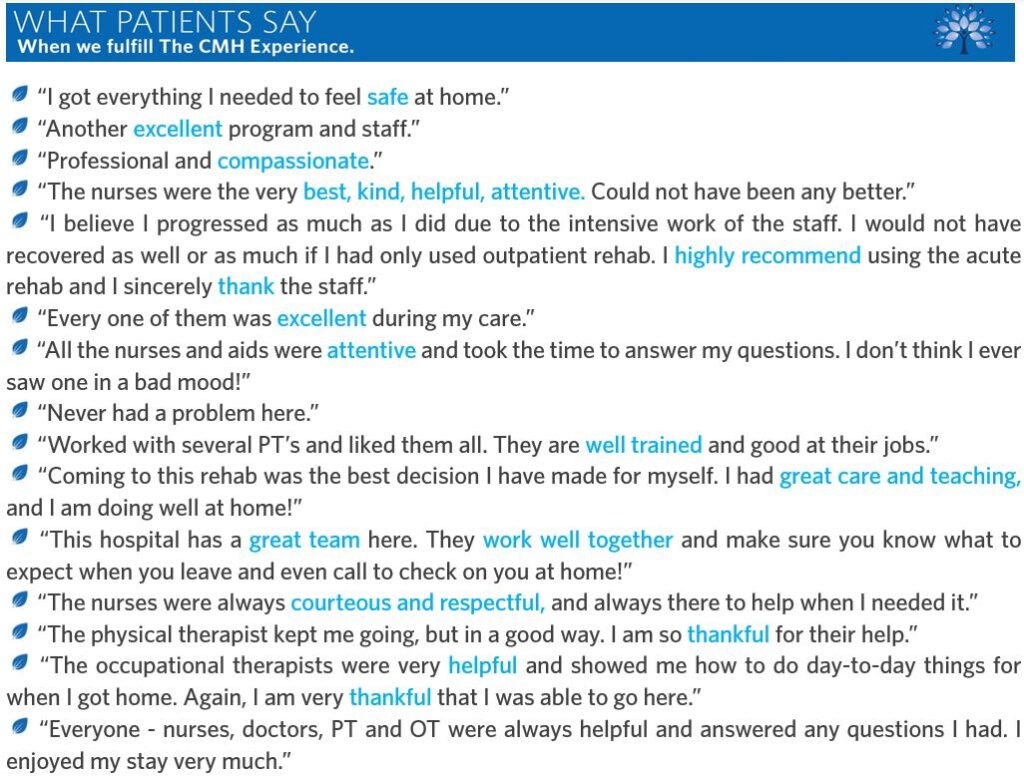If you’re concerned you may have gynecologic cancer, Central Maine Healthcare is here for you.
About Gynecologic Cancer
Gynecologic cancer refers to cancer of the female reproductive system. It includes, but is not limited to:
Cervical cancer starts in the cervix: the lower part of the uterus. This organ has two parts and is covered in two different types of cells; cancer begins when these cells mutate and grow out of control. Changes in the cells can be detected by an annual Pap test and treated before they form cancerous tumors.
Uterine cancer is rare and occurs in the muscle and supporting tissue of the uterus, which is also called the womb. It can sometimes be detected by an annual Pap test, but is usually diagnosed after surgery has been performed to remove what is thought to be benign tumors on the uterus.
Ovarian cancer can grow in either or both ovaries, the organs that produce the eggs that travel through the fallopian tubes to the uterus. It ranks fifth in cancer deaths for women, but diagnoses have been steadily falling for 20 years. Half of women diagnosed with ovarian cancer are over the age of 63.
Prevention
As with all cancers, the best way to reduce your risk is to adopt a healthy lifestyle:
- Ensure your diet is rich in vegetables and fruit
- Exercise regularly
- Stop using tobacco and avoid alcohol
- Know your body and report any changes to your provider
Also discuss with your provider whether the HPV vaccine is recommended for you. This protects you from human papillomavirus, a sexually transmitted virus that can lead to cervical and other genital cancers.
Detection and Diagnosis
The best early detection tool for cervical cancers is the Pap test. That’s why it’s so important to see your provider annually for testing, especially if you have previous history of cysts or benign growths.
There are no screening tests for other gynecologic cancers so it’s important to be aware of the warning signs. The most common warning sign is abnormal vaginal bleeding or discharge. Also talk to your provider if you find yourself feeling full too quickly when eating; are experiencing pelvic pressure or pain; have a need to urinate more urgently or frequently; notice changes in the skin around the vagina that may include itching, burning or pain; are experiencing abdominal bloating.



